Watch Eran Torbiner’s Film About the Man who Helped Fund the anti-Zionist Left and Stood in the Forefront of the Fight for the Rights of Israeli Palestinians
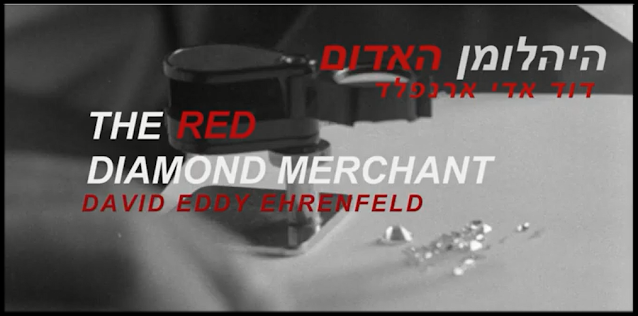
It’s not often that a rich capitalist or member of the ruling class crosses class lines to support the left. Of course there are exceptions such as Friedrich Engel, Tony Benn and the Countess Markievicz and one would expect, if capitalism was in danger of being overthrown, for others to join the side of the revolutionaries. However it is very much the exception.
Class traitors usually come from the ranks of the oppressed not the oppressor because that is, after all, the way rich and powerful minorities maintain their grip on society. David Ehrenfeld was one such exception to the norm.
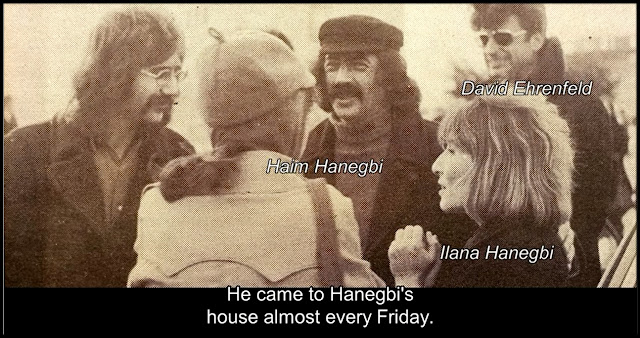
David Ehrenfeld was the majority shareholder and head of the Israeli diamond company Keren Or. By all accounts he was a brilliant businessman and as such he was very rich.
However unlike most of his class he used this money to support a variety of organisations on the Israeli left, including Matzpen, the Socialist Organisation in Israel, an anti-Zionist political group.
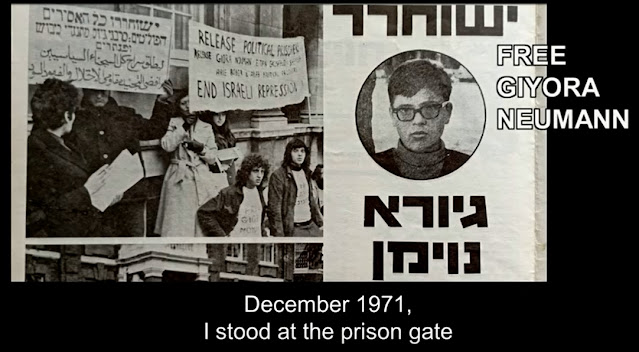
This would sometimes cause difficulties on a personal level. One such friend, Gideon Freudenthal, spoke about how when David went out he took him to an expensive restaurant which Gideon could not afford to reciprocate, so they reached a deal. David would take him to an expensive restaurant and Gideon would in turn take him to a workers’ cafe!
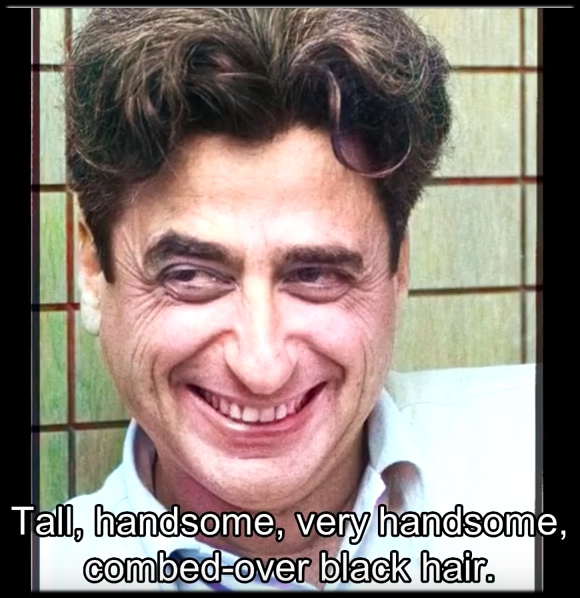
The film deals primarily with the 1950s and 1960s and includes footage of the struggles of Israeli Palestinians against land confiscations, police repression and the Zionist state as well as Israel’s Black Panthers who were from Israel’s Arab or Oriental Jewish community. David was always on hand to help fund an activity and take part.
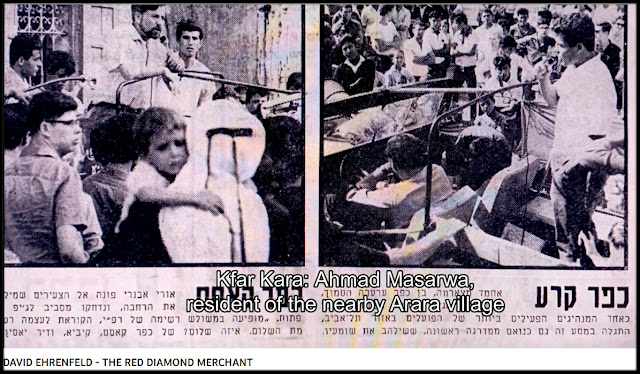
David was placed number 3 on the elections slate of Haolem Hazeh, an anti-establishment magazine edited by Uri Avneri which came repeatedly into conflict with the governments of David Ben Gurion. Since Haolem Hazeh secured 2 seats in the Knesset David must have been in with a chance of becoming a member of the Knesset.
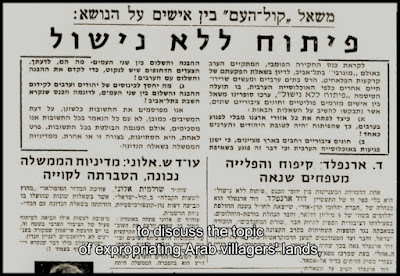
We also see plenty of evidence of the hostility of other diamond merchants in Tel Aviv to David’s activities. They expected him to act and behave like a capitalist not a socialist.
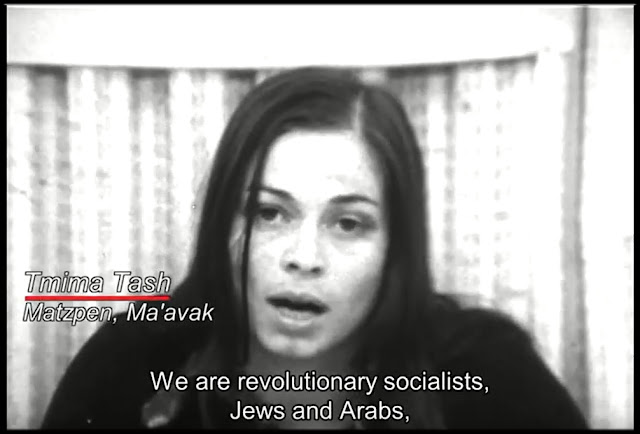
David paid the deposit for an openly revolutionary socialist party which was standing for the Knesset and which was supported by members and supporters of Matzpen (though it did not stand officially on behalf of Matzpen). He helped to fund many other activities, demonstrations, leaflets etc. by which the Israeli left spread its propaganda.
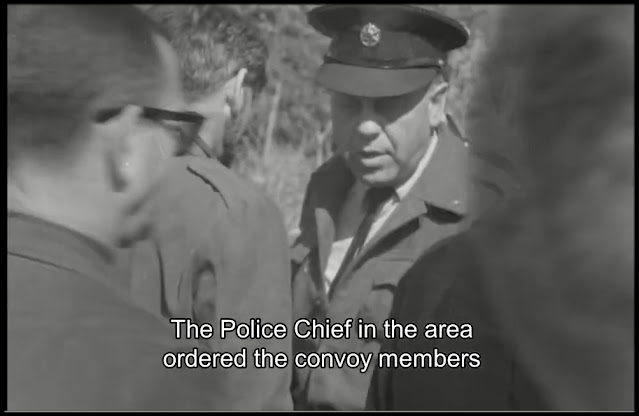
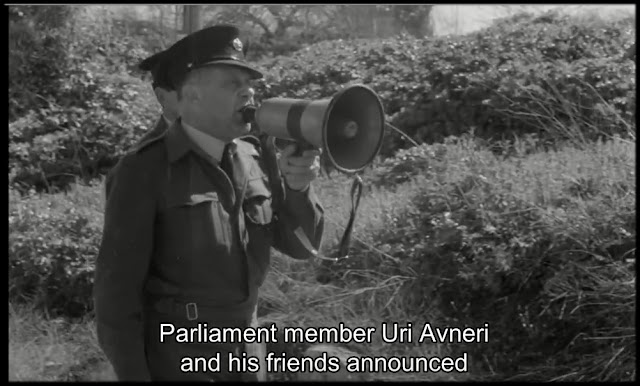
The film covers Israel during the period of the Israeli Labor Party governments. We can see how these governments behaved in the same way to the Likud governments that succeeded it. This is important because it shows that contrary to those who believe Israel was corrupted by the post-1967 occupation, Israel was always an apartheid and settler colonial society where different laws, rules and regulations applied to its Arab population.
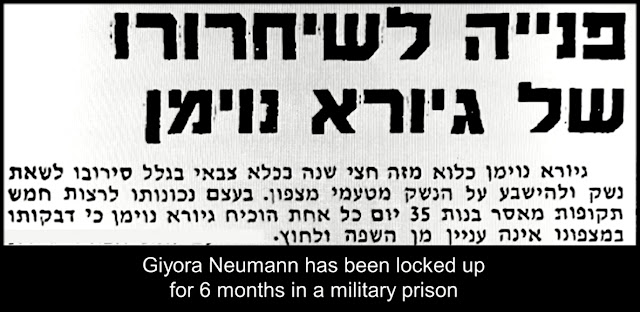
Interviewed is his friend and Matzpen member, Giyora Neumann, who was gaoled for 6 months as a result of his refusal to serve in the Israeli army. Giyora must have been amongst the first, if not the very first, refusenik in Israel.
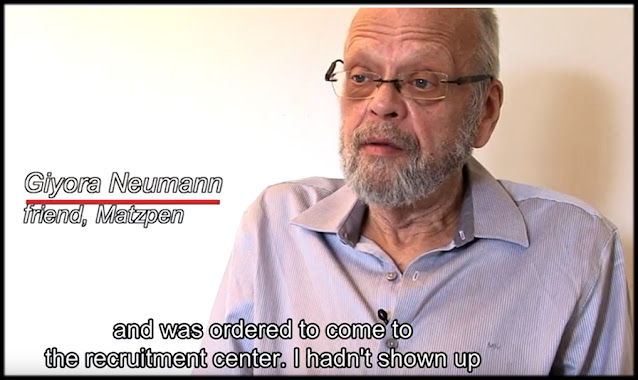
The film handles very skilfully David’s character and the difficulties experienced by someone who mixed with the wealthy and powerful as well as those struggling against the society those people represented. His sister, Mira Eran described how, when he was dying, David could not handle the interest shown in his welfare by others. Mira quotes him as saying that: ‘I’ve been alone my entire life all of the sudden I have 50 visitors.’
David died in December 1975 aged 47. His funeral was a strange mixture of diamond merchants and ‘long-bearded friends’, ‘wealthy diamond dealers and members of Rakah (Israeli Communist Party) and Matzpen. The rich and powerful meeting, probably for the first and last time, his friends on the Israeli left and Arabs. The Committee of Arab Students brought a huge bouquet of flowers.
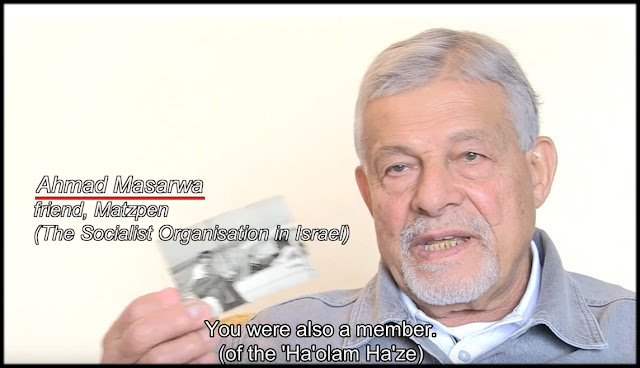
His friend Ahmad Massarwa, who lived in the Arab village of Ar’ara, said that people thought it was an Arab funeral!
The impression that I got coming across was that David was a thoughtful but lonely individual, extremely empathetic and understanding, who saw the ugliness in Israeli society and the way it treated its ‘minority problem.’ He was someone who could be called a beautiful soul who hated injustice and yet had found himself at the pinnacle of society with riches he could find little use for.
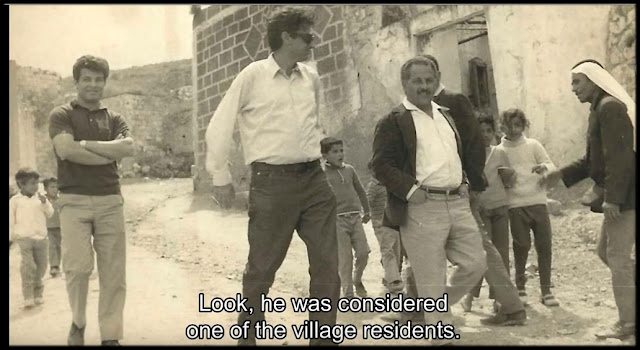
His niece, Orly Eran, told of their shared family history, through a variety of press clippings, photographic archive materials and interviews with his family and comrades.
David made a strange political journey from the vehemently anti-Arab Revisionist Etzel (Irgun) to the far-left of Israeli politics. David was an unobtrusive person, rarely putting himself forward and yet he consistently attended socialist and left-wing protests.
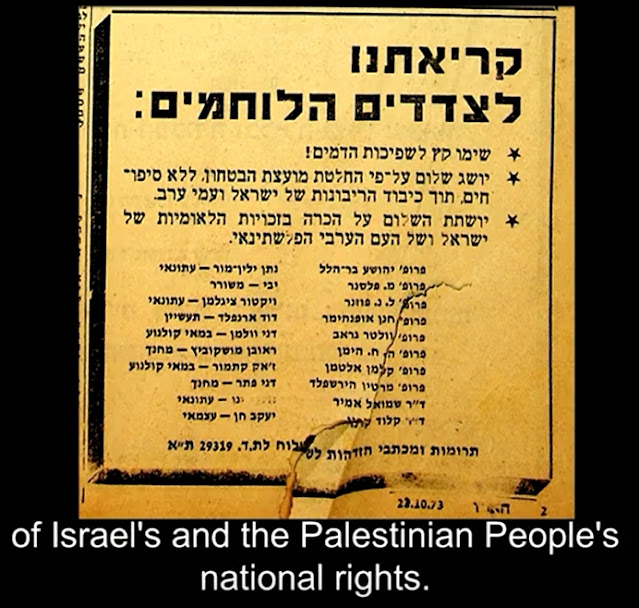
This film is well worth seeing just for the archival footage and its periodisation. It shows the build up to and aftermath of the 6 Day War when Israel captured the West Bank, Gaza, Sinai and Golan Heights and how some supporters and members of Matzpen put an advert into Ha’aretz, opposing the occupation and predicting that it would lead to resistance, counter-resistance and what is called ‘terrorism’ i.e. resistance. All of this was inevitable and yet the Israeli Labour government was determined to ensure that its conquests would not be returned to the people who lived there.
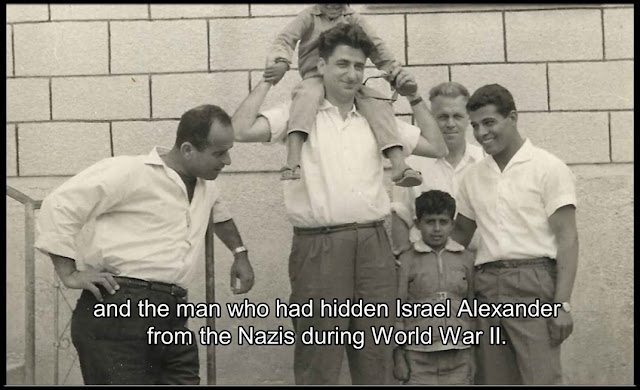
Mira describes him as someone who was never truly happy despite his business success. Although he was surrounded by many friends, he was fundamentally lonely.
Director Eran Torbiner has also produced the film Bunda’im about the remnants of the Bund in Israel and a film on Matzpen. The film was shot in Israel, Palestine, Jordan, U.K and Germany between 1999 – 2003.
Tony Greenstein